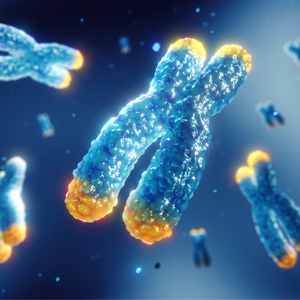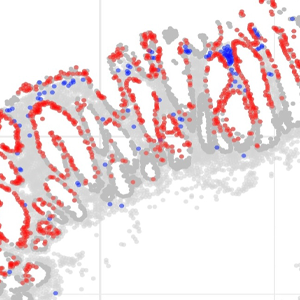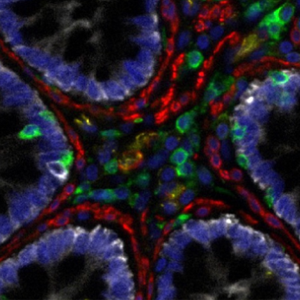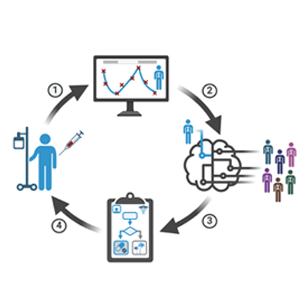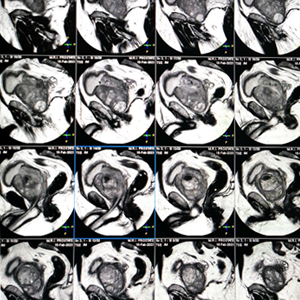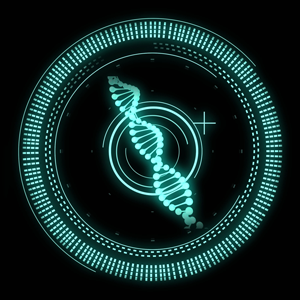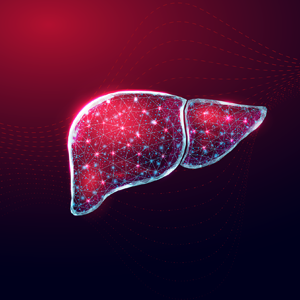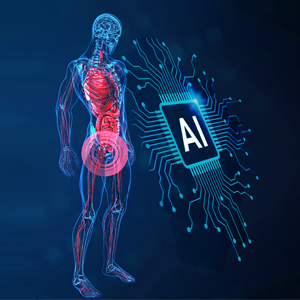News
Keep up with the latest news from the NCI Center for Biomedical Informatics and Information Technology (CBIIT) and the data science communities.
Categories
- Artificial Intelligence (117)
- Data Sharing (117)
- Data Sets (104)
- Machine Learning (94)
- Precision Medicine (91)
- Data Commons (81)
- Informatics Tools (77)
- Funding (76)
- Imaging (68)
- Genomics (66)
- Publications (62)
- Data Standards (41)
- Childhood Cancer Data Initiative (37)
- Challenges & Codeathons (33)
- Proteomics (33)
- Request for Information (33)
- Top News (26)
- Awards & Recognition (20)
- Policy (20)
- IDS (20)
- Training (17)
- Leadership Updates (16)
- High-Performance Computing (HPC) (14)
- Semantics (12)
- ODS (11)
- Information Technology (6)
- Jobs & Fellowships (4)
- Seminar Series (1)

